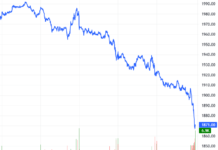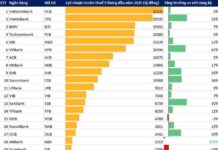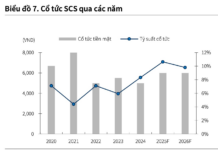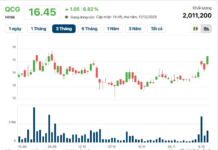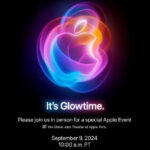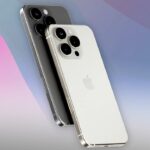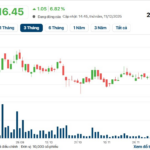The annual iPhone 16 launch event this year will likely be no different from previous years. As always, tech consumers will rush to get their hands on the alluring device crafted by Apple. But remember, none of this would have been possible without Microsoft. Yes, Apple’s arch-nemesis.
Recall the darkest period of the tech empire that created the iPhone – the enchanting smartphone.
In the years following the ousting and return of Apple’s co-founder and CEO, Steve Jobs, in early 1997, Apple witnessed a sharp decline in revenue from a peak of $11 billion to $7 billion. The company saw losses climb to $125 million in 1996.
There were rumors of a merger with Sun Microsystems, but then-CEO Gilbert Amelio remained silent, and a spokesperson denied them. However, it was clear that such rumors further hindered sales of Apple’s already lackluster Power Macintosh and Powerbook computers.
Even Jobs admitted just months after his return that there was much work to be done “to get Apple back on track.” In a memorable presentation at Macworld 1997, Jobs outlined a plan to bring Apple back. Notably, there were no new product announcements; it was all about new leadership, new partnerships, and cash from the biggest rival.
What people remember about that day is Microsoft’s commitment to invest $150 million in Apple stock.
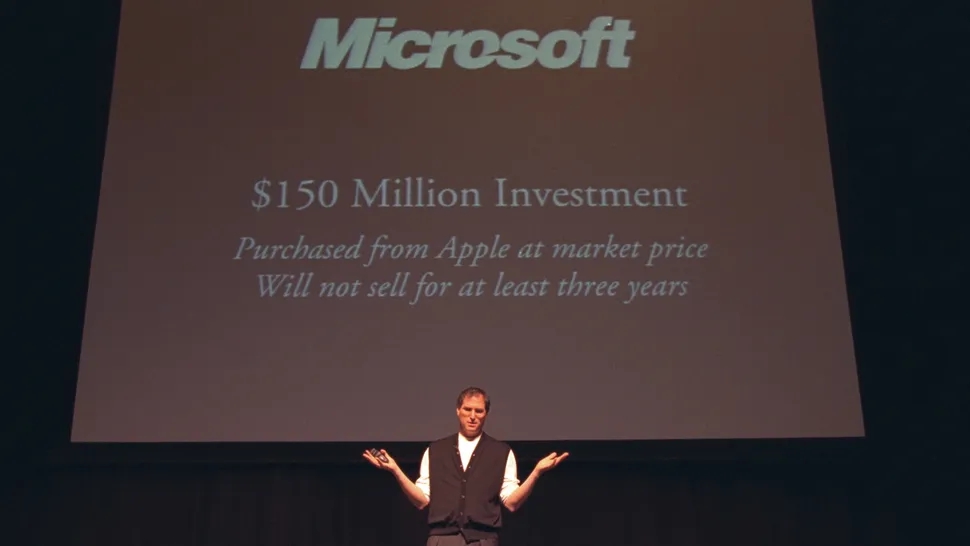
The Price of Survival
“That’s true, but an important part of this that wasn’t emphasized much is that it included a license to use the graphical interface for Windows,” said Tim Bajarin, a longtime Apple analyst and president of Creative Strategies.
People like Bajarin, who understood Jobs and the sad state of the company, applauded the bailout, but Macworld attendees did not.
They booed the stock purchase and other elements of the landmark deal. When Jobs explained that Apple had agreed to make Internet Explorer the default web browser for Mac, an attendee shouted, “No!”
This reaction was understandable. Apple’s business was built on opposing PCs, contrasting with Microsoft’s Windows and its corporate worldview.
The rivalry once seemed to drive both companies. But those days were long gone. As Jobs noted in his presentation: “Destructive rivalries do nothing but hurt all the players in the industry.”
Of course, Microsoft wasn’t entirely charitable. As part of the deal, Apple agreed to a patent license and cross-license agreement “for all patents, including those filed in the next five years.” This meant Apple would not prosecute Microsoft for using a GUI too similar to Mac OS on any version of Windows.
Putting Internet Explorer on another platform helped Microsoft solidify its leadership in the web browser space. Within a year, the value of Microsoft’s investment had doubled, and it has only grown since.
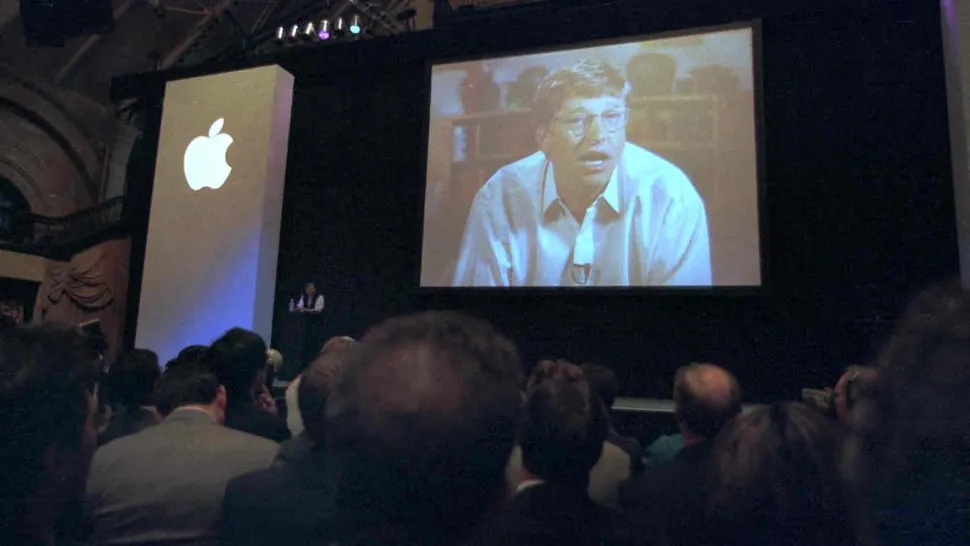
Payback
Before any concerns about the reputational cost Apple had to pay, there is reason to believe the brand emerged not just stronger but also with the potential to become a force to be reckoned with. In his presentation, Jobs described the company’s remarkable brand recognition and its enviable position in the education and creative content markets.
According to Jobs, in 1997, 64% of websites were designed on a Mac, and 60% of computers in education were Macs. This figure is even more astonishing considering that, according to Apple’s statistics, the company had about 20 million customers. Today, the company has over two billion customers.
However, what Apple lacked for over a decade was a visionary leader. Jobs was the seed of ideas. Bajarin believes the cash infusion gave Apple the time to develop the iconic iMac, shipped in August 1998.
Of course, Apple went on to do much more. It is believed that without Microsoft’s $150 million lifeline, Apple might not have survived. There would have been no iPod, iPhone, iPad, or Apple Watch.
History is priceless. We cannot say for sure that Apple wouldn’t have soared to the heights it has today. But it is believed that without that money, the mobile computing revolution would have been delayed by five years or more.
Think about it: just $150 million to save a company that would end up changing everyone’s lives and eventually soar to a value of trillions of dollars.
So, as we eagerly await the iPhone 16, AirPods Pro, and the latest Apple Watch, let’s raise a glass to Microsoft and, of course, Bill Gates, who was booed loudly when he appeared on screen at Macworld 1997. Without them, Apple in 2024 might not have existed.

